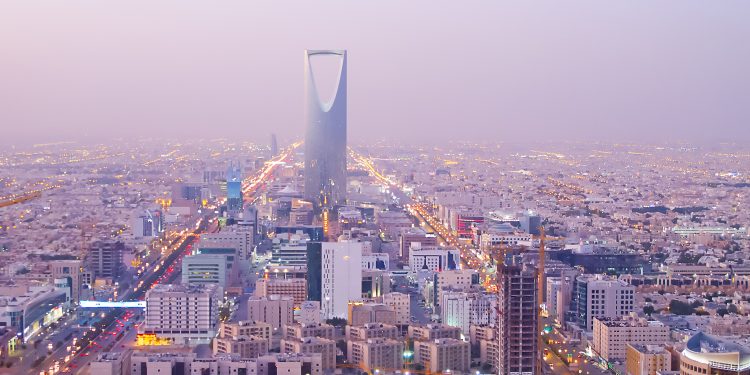Historically the world’s leading oil producer, Saudi Arabia has long been the go-to source for oil, supplying vast quantities to continents like Europe, Asia, Africa, and North America. However, earlier this year, the state-owned Saudi Aramco made the strategic decision to cease expanding its oil production. This move aligns with the kingdom’s broader ambitions to diversify its revenue streams and reduce its dependency on oil.
Saudi Arabia’s efforts have borne fruit, with non-oil sectors contributing to half of the nation’s gross domestic product (GDP) for the first time in 2023. The Ministry of Economy and Planning highlighted this remarkable achievement, signaling a significant shift in the kingdom’s economy. This transition has gained further importance as the global appetite for oil diminishes, in part due to the rise of electric vehicles (EVs), which represent a direct challenge to traditional oil markets.
The valuation of Saudi Arabia’s non-oil economy has soared to approximately 1.7 trillion Saudi Riyals, or around $453 billion. This financial uplift is attributed to the robust growth in exports, investment, and consumer spending. Moreover, the kingdom’s private-sector investments have surged by 57%, reaching a historical peak of 959 billion Saudi Riyals (about $254 billion).
Remarkably, the arts & entertainment and real service exports sectors have experienced explosive growth, recording increases of 106% and 319% respectively. The food sector has also seen a substantial upswing of 77%, while transport and storage services have enjoyed a 29% growth rate. The health and education sectors have expanded by 10.8%, and the hospitality industry, encompassing restaurants and hotels, has witnessed 7% growth. Additionally, the transport and communications sector has grown by 3.7%.
These diverse sectors collectively have propelled the 50% enhancement in non-oil revenue for Saudi Arabia’s economy and GDP in 2023. The kingdom is also actively promoting tourism and is taking steps to make the country more appealing to international visitors. This focus on tourism is expected to further bolster the economy and contribute to GDP in the upcoming years.


